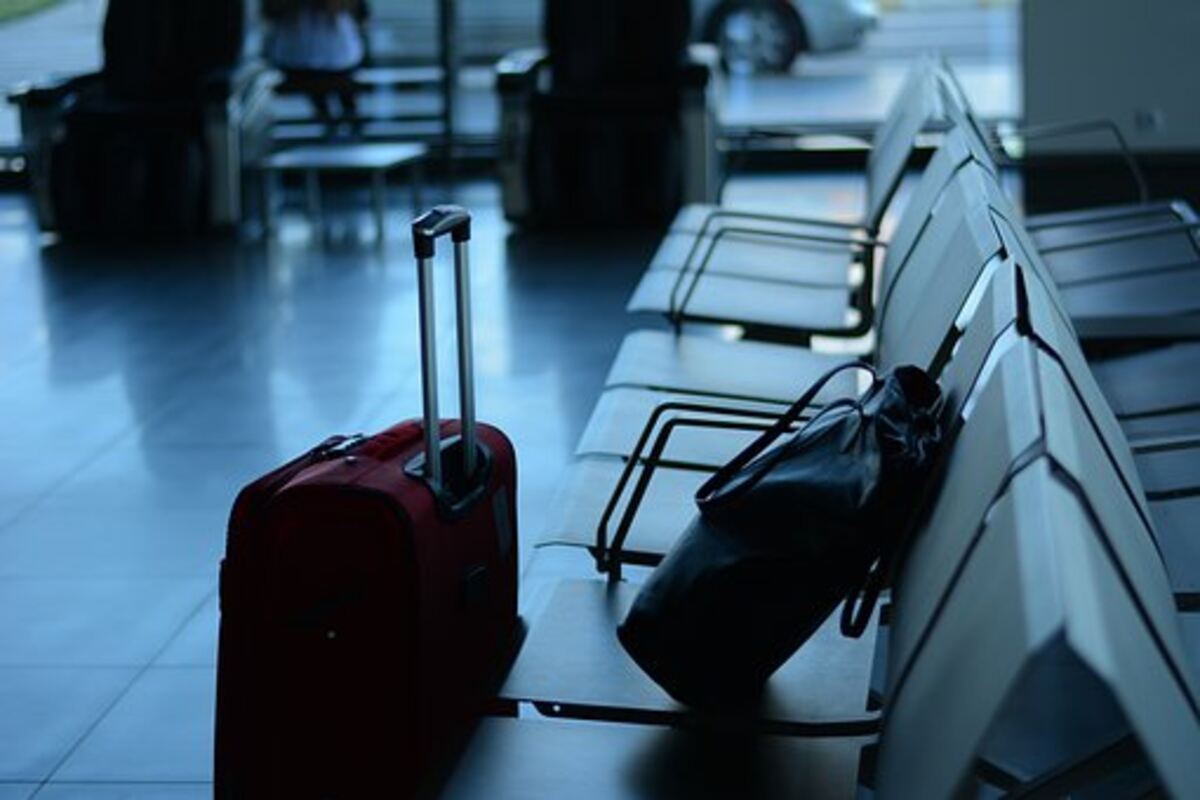Important Things to Know About International Travel
When traveling internationally, you should know about visa and passport rules and tax requirements. In addition, it would be best if you also learned how to protect yourself from diseases and insects while traveling. In this article, I will explain these things in detail and provide valuable tips.
Passport requirements
If you’re planning an international trip, you must familiarize yourself with passport requirements. It’s not uncommon to find that many countries require you to have a valid passport before you can travel to the other side of the world.
The best way to avoid this hassle is to prepare for your trip well. By researching the entry requirements for each country you plan to visit, you’ll have a better chance of avoiding the common pitfalls.
Passports come in wide varieties. The most common is the ordinary passport. These are issued to children and adults and are functionally equivalent to a family passport. However, a child under fifteen must have their parent’s signature on the application.
Another type of travel document is the laissez-passer. Governments and international organizations issue these and other entities as emergency passports. They can be used for emergencies such as a lost or stolen passport or a school trip.
Visa requirements
Traveling abroad requires several documents. One of the most important is a valid passport. Passports vary in quality. You’ll need one good for at least six months after your intended departure date.
It’s also a good idea to bring a copy of your identification documents. If your passport is lost, you can use this to verify your identity.
Similarly, you might want to look at the visa requirements for the country you’re traveling to. Again, check with the local consulate for a list. Many countries offer a visa on arrival. Others require you to complete a lengthy application and submit it in person.
If you’re traveling to China, Russia, Brazil, or India, you’ll need to know how to get a visa. Some countries accept electronic keys. For example, you can apply for an eVisa online. This process is easy and inexpensive.
Also Read : How does an International travel company help in your Business trips?
COVID-19 rules
If you’re planning to travel overseas, it’s essential to know the COVID-19 rules. For example, travelers must have a negative test and provide contact tracing information before boarding a flight. It’s also important to check the airline or vessel operator’s requirements and the destination country’s local public health orders.
The UK government announced that it would consider easing some of the COVID-19 rules for international travel. This change comes after complaints from travelers and businesses about the onerous regulations.
Previously, international flyers with proof of a complete Covid-19 vaccination had to have a negative test before leaving. Those who had a positive test had to have a negative test within three days of arrival. Those who have a positive test less than ten days before departure will be allowed to travel unless they are on the red list.
Health protection against insects and disease vectors
Vector-borne diseases caused by pathogens or parasites are a significant public health problem. These diseases can cause high morbidity and mortality in individuals and communities. They are transmitted by arthropod vectors such as mosquitoes, flies, mites, and ticks.
The number of arboviruses that can infect humans has increased in the past few decades. This has been attributed to the rapid spread of blood-sucking arthropods. Ticks are the main vectors of arboviruses. Arboviruses are made up of mostly RNA and are an ecological polyphyletic group. Some of them have been endemic, while others have increased dramatically.
Arthropods, including chikungunya fever, Ross River fever, Lyme disease, Crimean-Congo hemorrhagic fever, Zika virus, yellow fever, Japanese encephalitis, West Nile virus, typhoid fever, malaria, dengue, and many others, transmit various viruses. The World Health Organization estimates that half of the world’s population lives in areas with at least two VBDs.
Taxes on international travel
There are various airport taxes and levies on international travel. For example, the UK Air Passenger Duty is a fixed rate per passenger. This tax is not applied to transfer passengers.
Some countries also have a departure tax. These levies may be hybrids. However, many of them are designed to generate revenue for the government. They are not intended to cover the costs of aviation services.
In addition to air travel taxes, passenger service charges, security fees, embarkation and disembarkation charges, and airport facilities charges. Depending on the country, the share of these taxes as a percentage of the ticket price ranges from 15 to 20 percent.
Airlines may adjust the airports served and the service level if they cannot generate enough profits to sustain the network. The airline can also cut back frequencies at no profitable routes.
Read More: All you need to know about corporate travel programs.


